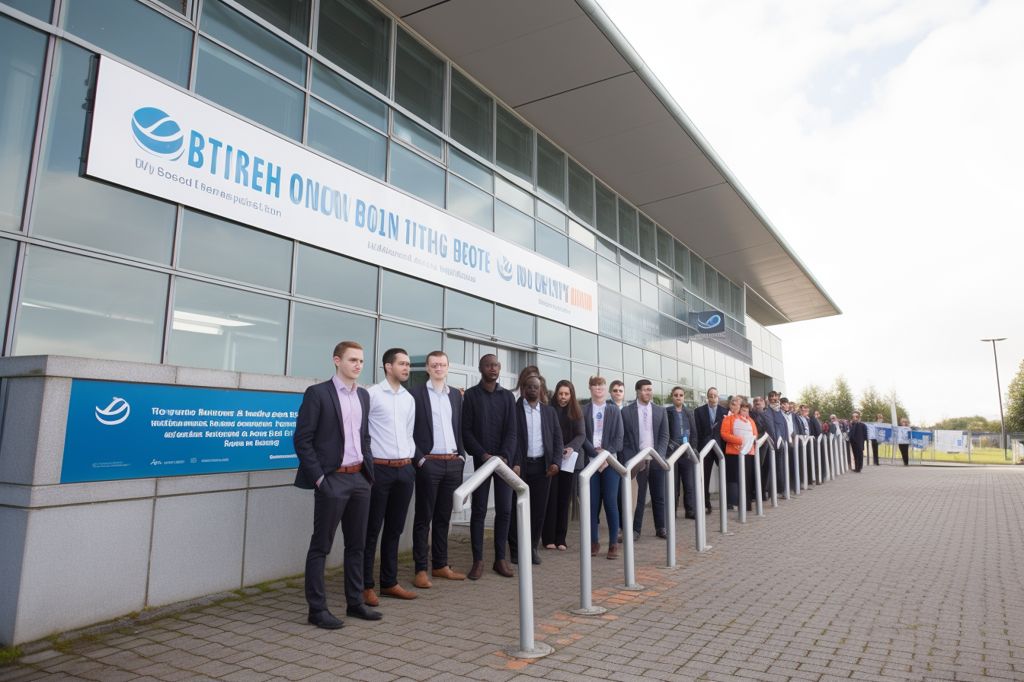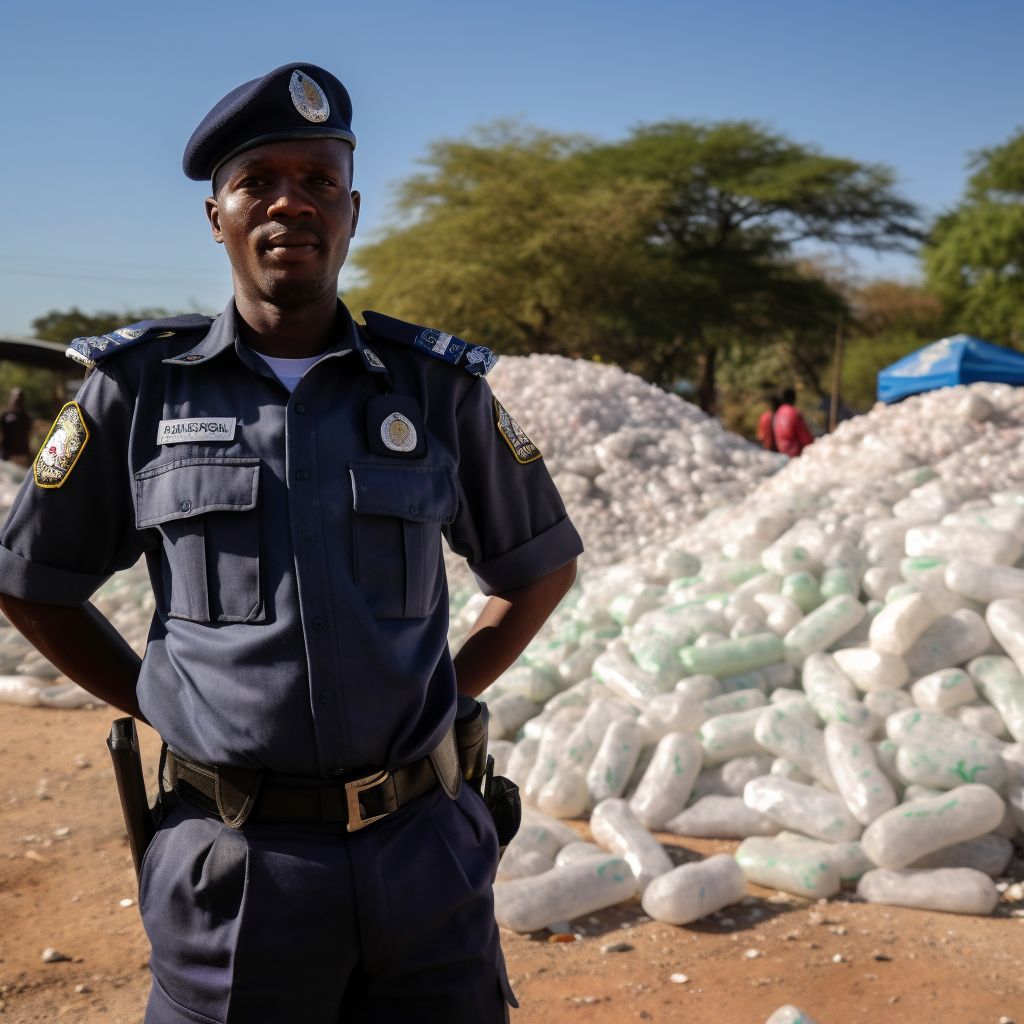Youth unemployment is a pressing issue globally, and the Western Cape Government in South Africa is taking commendable steps to address this challenge. In partnership with the Department of Economic Development and Tourism (DEDAT), 12 employers in the Business Process Outsourcing (BPO) sector are working together to create job opportunities for young individuals. This article delves into the objectives of this initiative, the recruitment process, and its anticipated impact on the youth of the Western Cape.
Objectives of the Initiative
The initiative aims to provide job placements for unemployed youth aged 18 to 34 with a grade 12 or equivalent qualification. The goal is to offer 1,000 job placements in the BPO sector to contribute to the Western Cape’s economy. The Western Cape is recognized as a prime location for global business services delivery in South Africa, making it an ideal environment for young job seekers to gain valuable experience and skills.
Recruitment Process
To kick off this initiative, a recruitment drive took place at Athlone Stadium on May 12, 2023. This event targeted young job seekers in their local area and facilitated interviews with BPO operators. This recruitment drive is the first of five such events scheduled for the 2023/24 financial year. The goal is to offer a total of 5,000 opportunities throughout the year.
Opportunities for Successful Candidates
Successful candidates will benefit from a 12-month on-the-job learnership within a BPO company, complete with a monthly stipend. Upon completion, they will receive an accredited qualification equivalent to a National Qualifications Framework (NQF) level 3. The initiative is supported by multiple stakeholders, including DEDAT, the BPO operators themselves, the National Treasury’s Job Fund, and Cape Town College.
Impact of the Initiative
Mireille Wenger, Minister of Finance and Economic Opportunities, expressed her admiration for the hopeful and enthusiastic applicants she met at the Athlone Stadium recruitment drive. She acknowledged the struggles faced by young job seekers and reiterated the Western Cape Government’s commitment to working with the private sector to create more opportunities for them.
One of the most promising aspects of this initiative is the success rate of participants who complete the programme. A staggering 80% of them secure a formal job, enabling them to lead fulfilling lives and support themselves and their families. The Western Cape Government pledges to continue collaborating with private sector stakeholders to create numerous opportunities for those seeking employment in the province.
The partnership between the Western Cape Government and the BPO sector is an inspiring example of how collaborations between governmental institutions and private sector stakeholders can help address the pressing issue of youth unemployment. By creating targeted opportunities in thriving sectors like BPO, both parties can make a tangible difference in the lives of young individuals, empowering them to lead successful, fulfilling lives.












